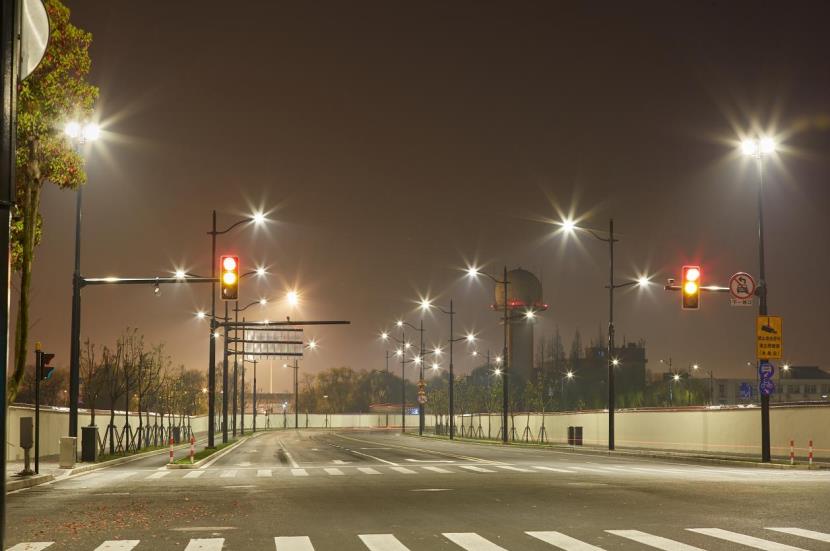The integrated renovation not only responds to energy-saving requirements under the "dual-carbon" goals but also effectively addresses repetitive construction issues of traditional municipal facilities through the "multi-pole integration" model. Cities like Beijing and Shanghai have incorporated pole renovation into their three-year action plans for new infrastructure construction, establishing comprehensive standard systems spanning from planning and design to operation and maintenance.
Technology Integration Unleashes Multiple Benefits
Modern multi-functional smart poles, as key nodes in urban IoT networks, demonstrate three core values:
l Resource Consolidation: Single poles integrate lighting, communication, surveillance and other devices, reducing road facade space occupation
l Data Synergy: Equipped sensors generate approximately 2TB of environmental data daily, enabling real-time transmission of 18 urban indicators including traffic flow and air quality via edge computing gateways
l Public Service Enhancement: Pilot cities have integrated WiFi hotspots, emergency call buttons and other public convenience functions, significantly improving citizen satisfaction
Notably, these facilities adopt modular architecture designs allowing flexible functional adjustments according to urban development needs. The smart operation platforms jointly built by power departments and telecom operators have reduced equipment fault response time to under 2 hours.

Case Study: Shanghai Lianhong Road Multi-pole Integration Project
As a main traffic artery for the China International Import Expo, Lianhong Road represents Shanghai's first impression. Pre-renovation, cluttered poles and overhead cables marred the streetscape. Post-renovation, Sansi's integrated LED ceramic modular lighting system has brought visible improvements: nearby residents praise the cleaner environment, while municipal managers highlight benefits like energy efficiency, eco-friendliness, and easier maintenance.
Sustainable Development Pathways
Future trends for smart poles include:
1. Standardization: Ongoing development of unified equipment interfaces and data protocols by the National Smart City Standardization Committee
2. Application Expansion: Deeper integration with V2X (vehicle-to-everything), digital twin and other emerging technologies
3. Operational Innovation: Market-oriented mechanisms under government guidance are being piloted in Shenzhen and Chengdu to explore sustainable investment models
Experts from the China Academy of Urban Planning & Design emphasize that as the "new infrastructure's capillaries", smart pole deployment should align with urban renewal rhythms, recommending implementation through "planning-first, demonstration-led, phased-rollout" principles to truly achieve social and economic benefit unification.